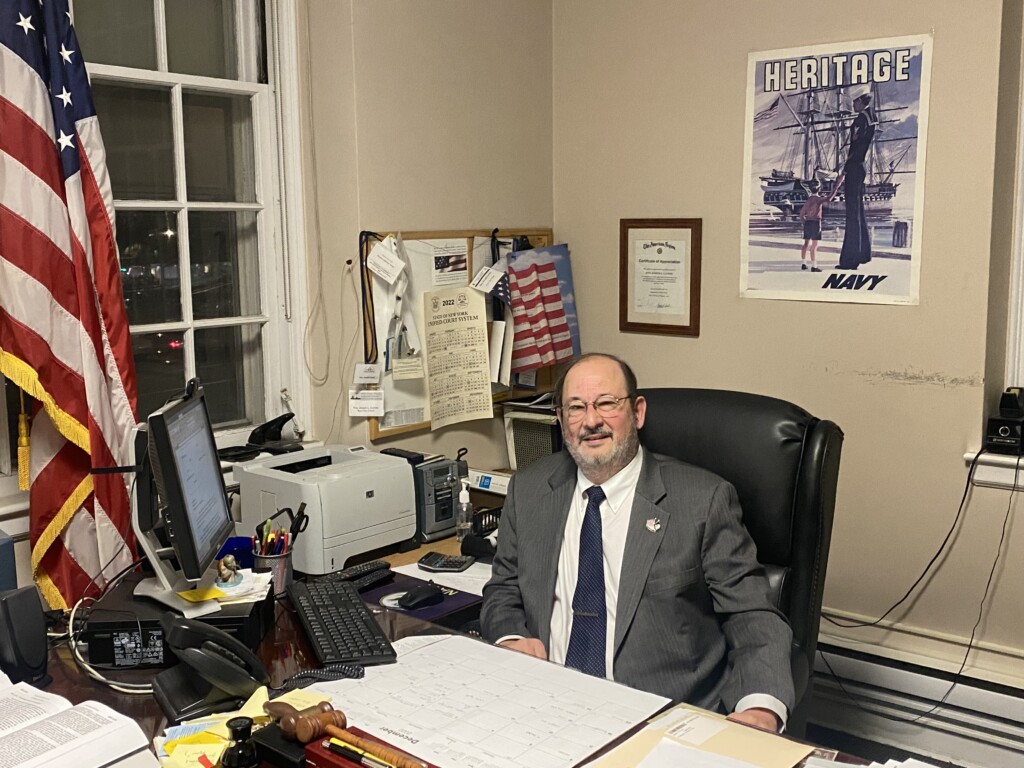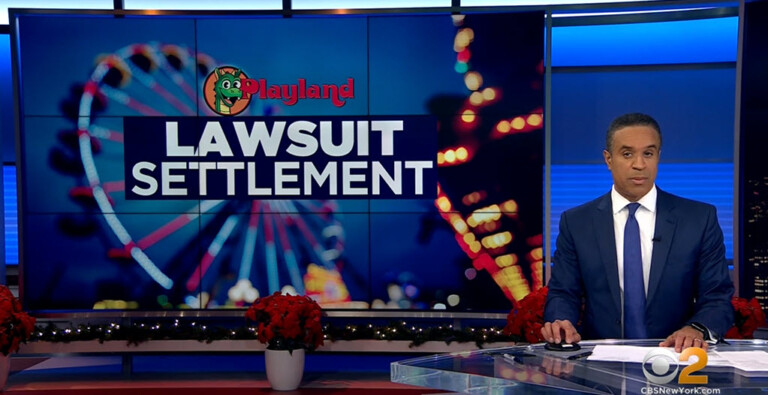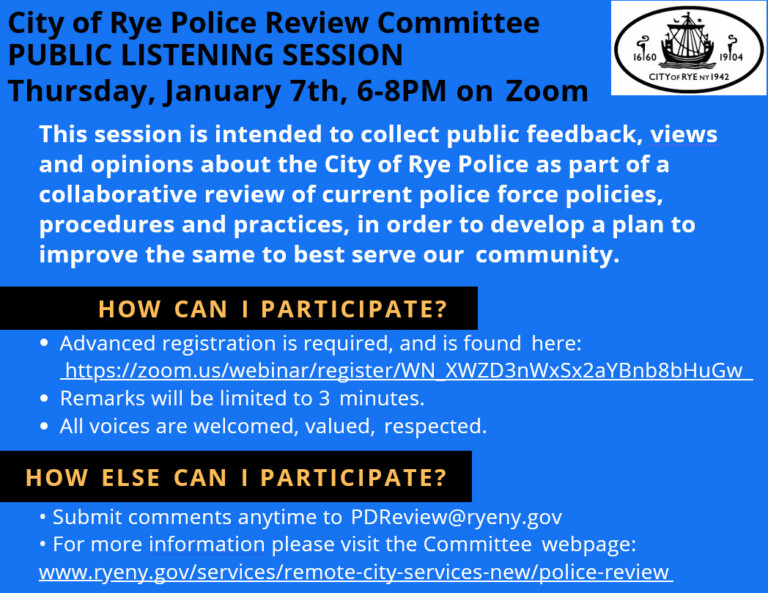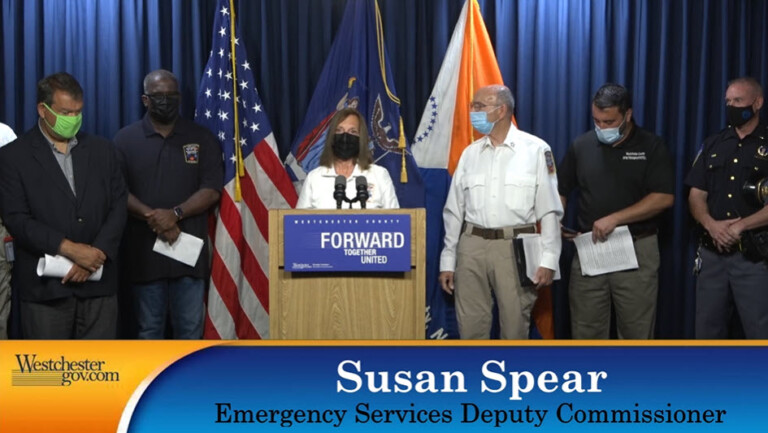Holding Court: Perry Mason Objections

Holding Court is a series by retired Rye City Court Judge Joe Latwin. Latwin retired from the court in December 2022 after thirteen years of service to the City.
What topics do you want addressed by Judge Latwin? Tell us.
By Joe Latwin
Anyone who watched the Perry Mason tv show heard District Attorney Hamilton Berger object to Perry’s questions to witnesses as “Irrelevant, Incompetent, and Immaterial.” What do those objections even mean?
While the federal courts have the Federal Rules of Evidence (“FRE”), New York has a very limited set of statutory rules govern evidence. See CPLR Art. 45. Recently, the Unified Court System created the New York Unified Court System Guide To NY Evidence Committee. The Committee has published a “Guide to NY Evidence” that is regularly updated and is an authoritative source of the rules of evidence for New York courts.
What evidence is “relevant”? “Relevant evidence is evidence having any tendency to make the existence of any fact that is of consequence to the determination of the proceeding more probable or less probable than it would be without the evidence.” All that is necessary is that the evidence tend to convince that the fact sought to be established is so. That it is equivocal or that it is consistent with suppositions other than guilt does not render it inadmissible. For instance, in an automobile accident case, that the driver did not have a driver’s license was irrelevant on the issue of the driver’s negligence. All relevant evidence is admissible except as otherwise provided or required by the Constitution of the United States or the Constitution, statutes, or common law of New York State.
In practice, “competent” evidence is relevant evidence that is not subject to any exclusionary rule. However, competency is more usually applied to the qualification of a witness. The competency of some witnesses is enshrined in the NY State Constitution, art I, § 3 that says “no person shall be rendered incompetent to be a witness on account of his or her opinions on matters of religious belief.” A person is competent to be a witness, if the person has the ability to observe, recall and narrate, i.e., events that he sees must be impressed in his mind; they must be retained in his memory; and he must be able to recount them with sufficient ability such that the judge is satisfied that the witness understands the nature of the questions put to him and can respond accordingly, and that he understands his moral responsibility to speak the truth.” Some other things that render a witness “incompetent to testify” include matters recalled after being hypnotized, a judge testifying at a proceeding over which the judge is presiding, or generally being less than nine years old.
Every person is competent to be a witness unless the court determines that the person does not have the capacity to warrant the reception of the person’s evidence. For instance, A person may be competent to be a witness but may not be competent to testify to specific matters. A witness may be able to testify as to matters of within his or her own knowledge, but cannot give expert testimony unless they are qualified as an expert. For example, in “My Cousin Vinny” Marisa Tomei’s character, Mona Lisa Vito, testifying as an “expert in general automotive knowledge”.
“Material evidence” usually means evidence of a fact in issue and of such value as to make a practical difference in determining an issue. The wealth or poverty of a party or that they have insurance generally cannot be shown where it has no bearing on the issue (except to show ownership or control of property). An example of triviality would be a question “Do you prefer briefs or boxers” in a contract dispute or “How much did you weigh when you were born” in a DWI case.
Objection. “Irrelevant, Incompetent, and Immaterial.” – Objection overruled!






